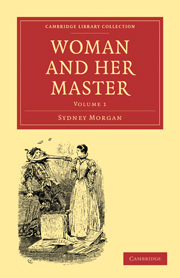Summary
When Moses in his prophetic spirit foretold that the restless tribes (which he found it so arduous to lead, so difficult to control) would eventually change the form of their spiritual government into one purely temporal, he drew for them that model of a constitutional monarchy, which, whether borrowed from the wisdom of Egypt, or originated in his own, represented in its principle the chief magistracy of a commonwealth, rather than the irresponsible power of absolutism. He commanded the Hebrews never to admit of a foreign power over them, but to “choose one from their own brethren,” one who “should not lift up his heart above his own brethren,” “nor multiply to himself wives, nor silver, nor gold. He cautioned them against their tendency to Polygamy, and directed his severest canons against the introduction of “strange women” into a community, that had been held together, not by power or dominion, but by the popular zeal for that sublime religion, which their own women had mainly contributed to preserve. This they had effected not only by their spiritual efforts, but by the influence of their temperament upon successive generations; for of the purity of descent, the women alone can have true cognizance,—man must take it upon trust.
That strange women would turn away the hearts of the elect to their own false Gods, was the constant precept of the hierarchy, the depositaries of all knowledge, who considered the influence of women over the mind of man as the leading dogma of their creed.
- Type
- Chapter
- Information
- Woman and her Master , pp. 185 - 200Publisher: Cambridge University PressPrint publication year: 2010First published in: 1840

